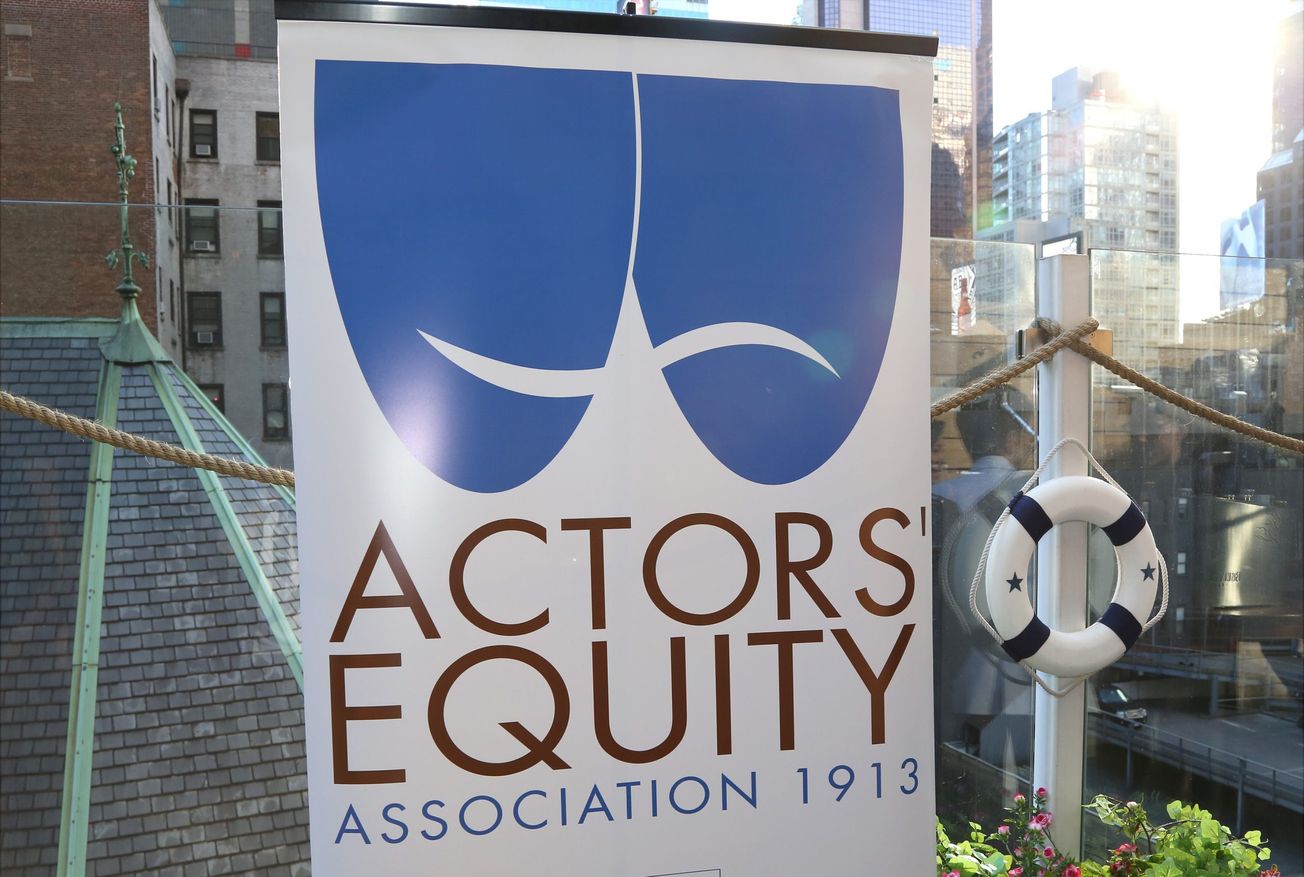Actors’ Equity members will need to work more weeks to qualify for health insurance coverage in 2021.
In a new plan unveiled Thursday by the Equity-League Health Fund, members will need to work 16 weeks to qualify for six months of coverage, compared to the previous threshold of 11 weeks. The health fund, which operates separately from Actors’ Equity, said the changes had to be made due to a lack of employer contributions, which make up 88% of the fund’s revenue.
Actors’ Equity does not support the changes due to concerns about how they may disproportionally affect some of its members.
Under the new plan, which takes effect Jan. 1, members are only able to earn coverage in six-month increments. Members who work at least 12 weeks will qualify for lower tiers of coverage with restrictions on health care providers and with higher co-pays.
Equity members could previously earn one year of health insurance coverage after working 19 weeks.
The structure of the fund, wherein actors earn coverage based on the number of weeks worked and employers make contributions for those actors, has been upended by the shutdown of theaters across the country. After the March 12 shutdown on Broadway, the Broadway League agreed to pay about three weeks of health coverage for union members, but most employer contributions have since ceased.
While acknowledging the financial burden the fund is facing, Actors’ Equity objected to the introduction of the new plan, saying that the trustees did not take the time to study how the changes could disproportionately impact those who face higher barriers to finding employment on an Equity contract.
The concern, among the Equity council, was that members who are Black, Indigenous or people of color or live outside major cities have a harder time finding employment and therefore may be at greater risk of losing coverage earned in six-month increments. There was also concern about maintaining coverage for pregnant members.
Equity council passed a resolution directing its trustees on the Equity-Health Fund to withdraw support for the new health plan and wait for a demographic study. However, their trustees did not withdraw support and the plan was approved.
“I am deeply frustrated that today’s announcement was made against the wishes of the Council and that no study has been returned to Council about how these changes might impact our members who face hiring bias,” Kate Shindle, president of Actors’ Equity Association, said in a statement. “We all understand that there is no escaping the devastating loss of months of employer contributions nationwide, and no alternative aside from making adjustments to the plan. But I believe that the fund had both the obligation and the financial reserves to take the time to make better choices.”
The Equity-League Fund said in a press release that the changes were made in order to maintain the fund, while still providing coverage during the shutdown. However, it noted that the number of work weeks needed for eligibility could change if employer contributions increase.
The Equity-League Health Fund had previously made changes to it health plans, increasing the quarterly premium to $300 from $100, due to lower employer contributions during the pandemic. This came after the Fund had waived premium payments in May, June and July due to the financial hardship caused by the pandemic. The $300 premium will continue under the new plan.
As it stands, an estimated 250 to 300 Equity members are losing coverage each month — though it is typical for the plan to lose members on a monthly basis due to the sporadic nature of the work.
Equity, alongside other theatrical unions, said it will continue pushing for a 100% COBRA subsidy, which would allow members to stay on the same health plan, even after losing eligibility. The revised Heroes Act did not include a COBRA subsidy, but rather included a subsidy for coverage on the healthcare exchanges.
The COBRA subsidy recently re-emerged in a standalone bill in the Senate.
Equity will also re-evaluate the makeup of its trustees on the Equity-League Health Fund in October, according to email sent to members.


























































